
In our quest to understand the world around us, science has made remarkable strides. Yet, profound mysteries remain that science cannot seem to explain, which has led many to see the hand of God at work. Here are 15 awe-inspiring phenomena that remind us of the limits of human knowledge and the possibility of divine intervention.
The Origin of Life
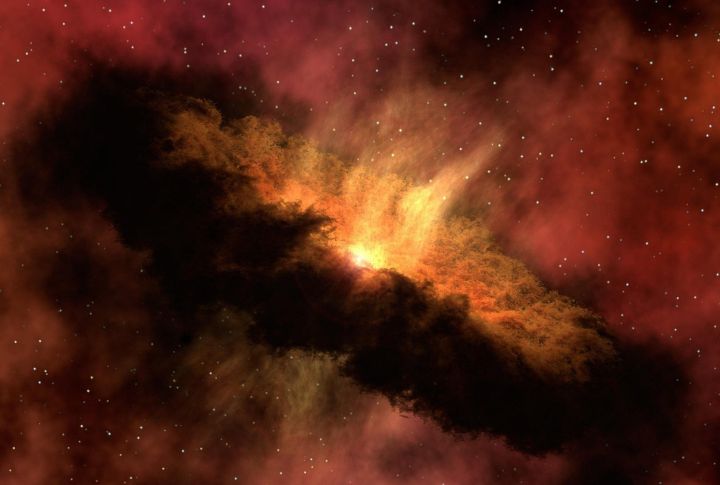
One of science’s oldest and most fundamental mysteries is how life first arose on Earth. While scientists understand the basic building blocks of life, they still need to figure out how these molecules came together to form self-replicating organisms. Even though scientists believe life originates from an infinite point, they speculate a definite beginning.
The Human Soul
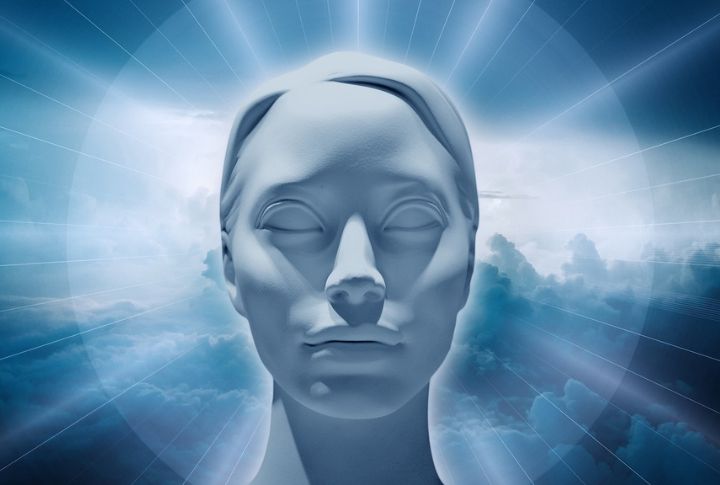
The concept of the soul is a central tenet of many religions and philosophies. It is often described as an immaterial or spiritual entity that gives life to the body and continues to exist after death. This intangible yet deeply felt aspect of human existence points to a divine spark within us, connecting us to something greater.
Human Connection

Human connection is the ability to form meaningful relationships with others. These relationships can involve emotional intimacy, shared experiences, and mutual support. Studies have shown that strong social connections are essential for mental and physical health. Pursuing human connection is a fundamental aspect of the human experience.
Miracles and Healings

While skeptics argue that miracles can be explained by chance or coincidence, believers maintain that they are evidence of a higher power. The concept of miracles has played a huge role in cultural and religious beliefs throughout history. Miracles are events that defy natural explanation and are many times attributed to divine intervention.
Near-Death Experiences

People who’ve been clinically dead time and again report similar experiences of out-of-body sensations, tunnels of light, and life reviews. Although some attribute these to dying brain activity, the consistency and profundity of these accounts continue to puzzle researchers and fuel debates about consciousness beyond death.
The Power of Prayer

Countless individuals attest to prayer’s transformative effects. From inner peace to physical healing, the impact of communicating with God transcends scientific understanding. Whether or not you believe in the power of prayer, it is a practice that people of all cultures and faiths have embraced throughout history.
Prophetic Visions and Divine Revelations

Religious texts across faiths describe prophets receiving messages from God. These divine communications have shaped civilizations and continue to guide millions. Some scientists assume that they are God’s channel to provide answers to human questions. However, divine revelations’ intense wisdom and foresight again and again surpass human understanding, pointing to a higher source.
The Nature of Consciousness

Consciousness is one of the most mysterious aspects of existence. Despite decades of research, scientists still need to clearly understand what it is and how it arises from the physical brain. In some theories, consciousness is considered a fundamental property of the universe. Nonetheless, life in its esoteric state is all about consciousness.
Creation’s Intricate Design
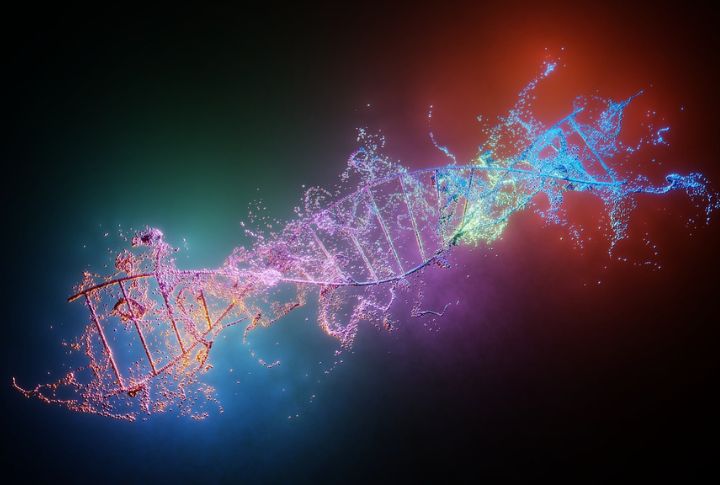
Many see God’s handiwork in nature’s intricacies, from DNA’s complexity to galaxies’ vastness. They argue that the harmony and beauty in creation reflect an intelligent designer rather than random chance and suggest that these features must result from a creator’s intentional design.
Moral Conscience and Divine Law

The universal sense of right and wrong across cultures is repeatedly attributed to God-given moral laws. This innate ethical compass is evidence of our creation in God’s image, guiding us towards righteousness. Notwithstanding, moral values can vary across cultures and individuals; they often involve honesty, kindness, compassion, and justice.
The Afterlife Debate

Even though scientific inquiry has focused on the physical aspects of existence, many people believe in a spiritual or metaphysical dimension that transcends the material world. Furthermore, science is currently changing perceptions to say that since everything in the universe needs to be preserved, our “souls” must go somewhere.
The Fibonacci Sequence in Nature

This mathematical pattern appears everywhere—in pinecones, sunflowers, and galaxies. It’s linked to the “golden ratio,” a proportion considered aesthetically pleasing. Why does nature follow this pattern so over and over? It’s as if the universe has a hidden code waiting to be deciphered.
The Existence of Free Will

Do we genuinely make choices, or are we just following predetermined paths? Neuroscience suggests our brains make decisions before we’re conscious of them. Yet we feel like free agents. This paradox touches on fundamental questions about human nature, responsibility, and the essence of self.
The Quest for Meaning
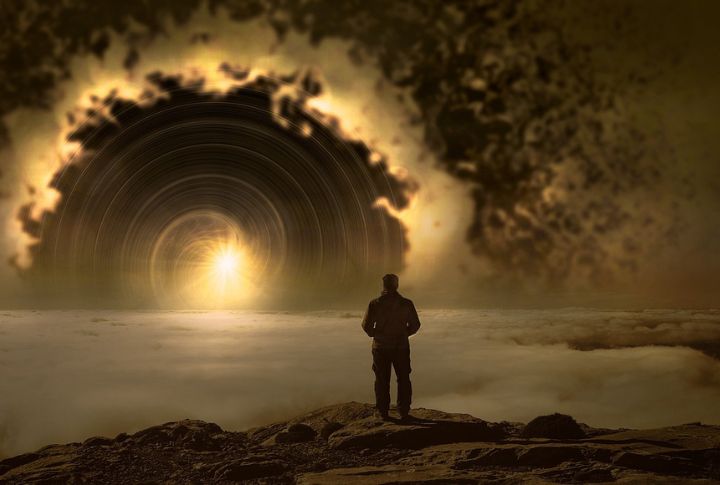
Science excels at explaining “how” but struggles with “why.” Our search for significance often leads to spiritual exploration, as if an inner compass guides us toward our Creator. This universal human yearning hints at a higher calling, perhaps originating from God. The peace people find connecting with God suggests He is the source.
The Mass Extinction Events
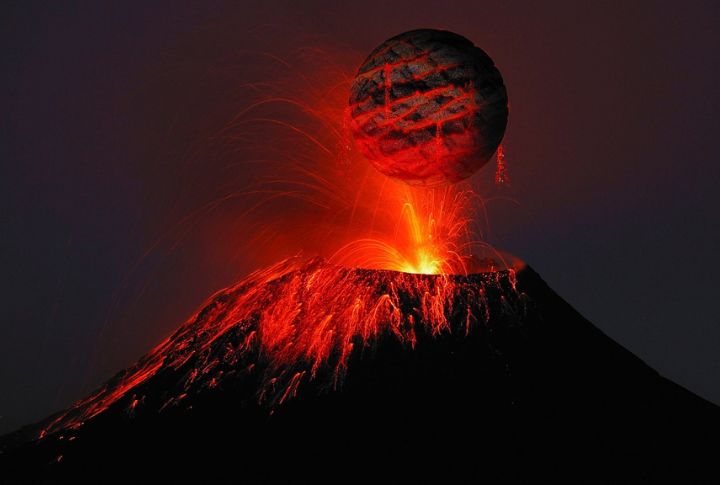
Throughout Earth’s history, several mass extinction events have wiped out a large portion of life on the planet. However, the causes of mass extinctions remain less specific, with some scientists suggesting they may be linked to volcanic activity, climate change, or even extraterrestrial factors.

